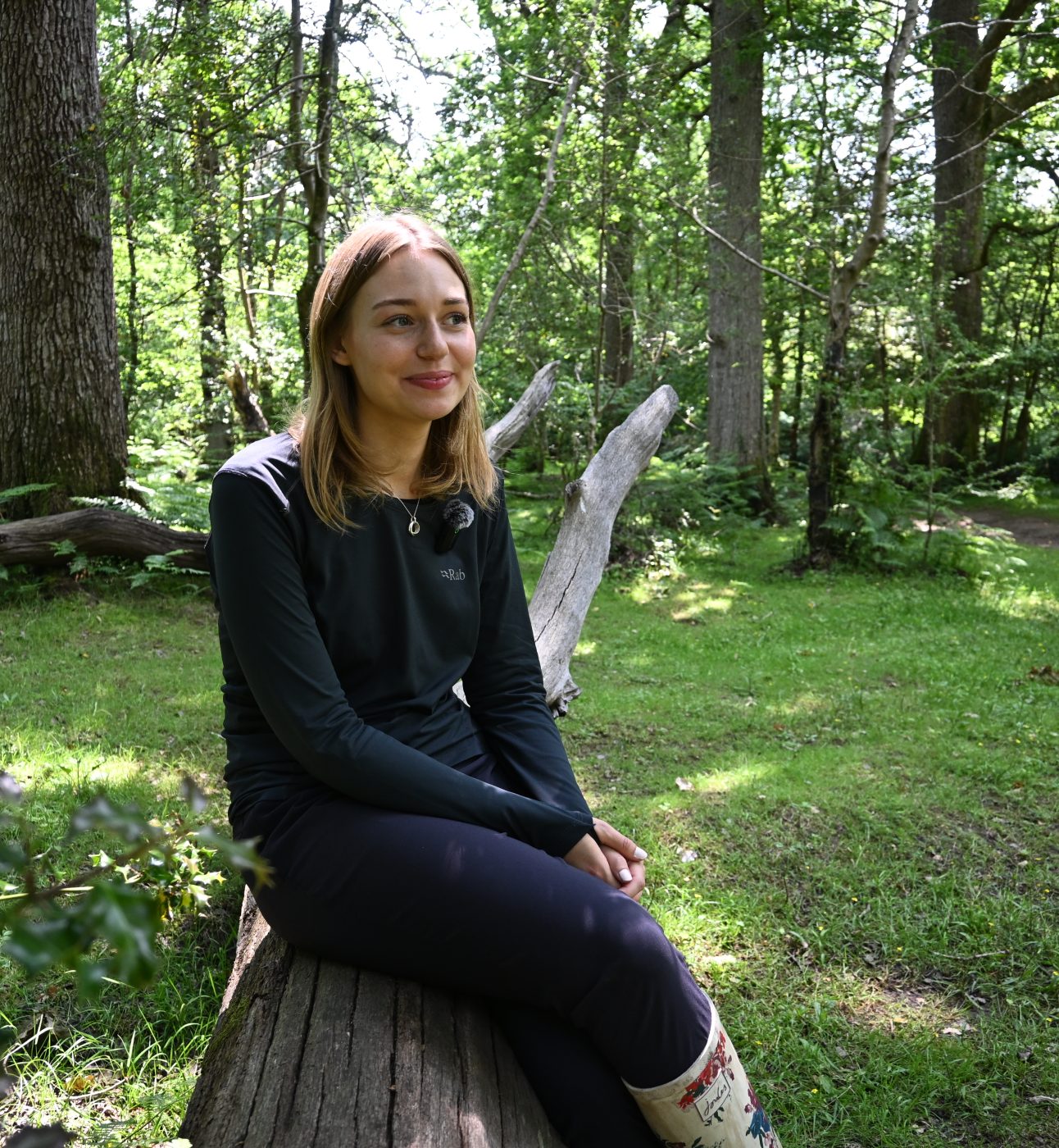
River Lymington
Deemed unsafe for swimming in recent years, this river in the New Forest is a pollution hotspot.
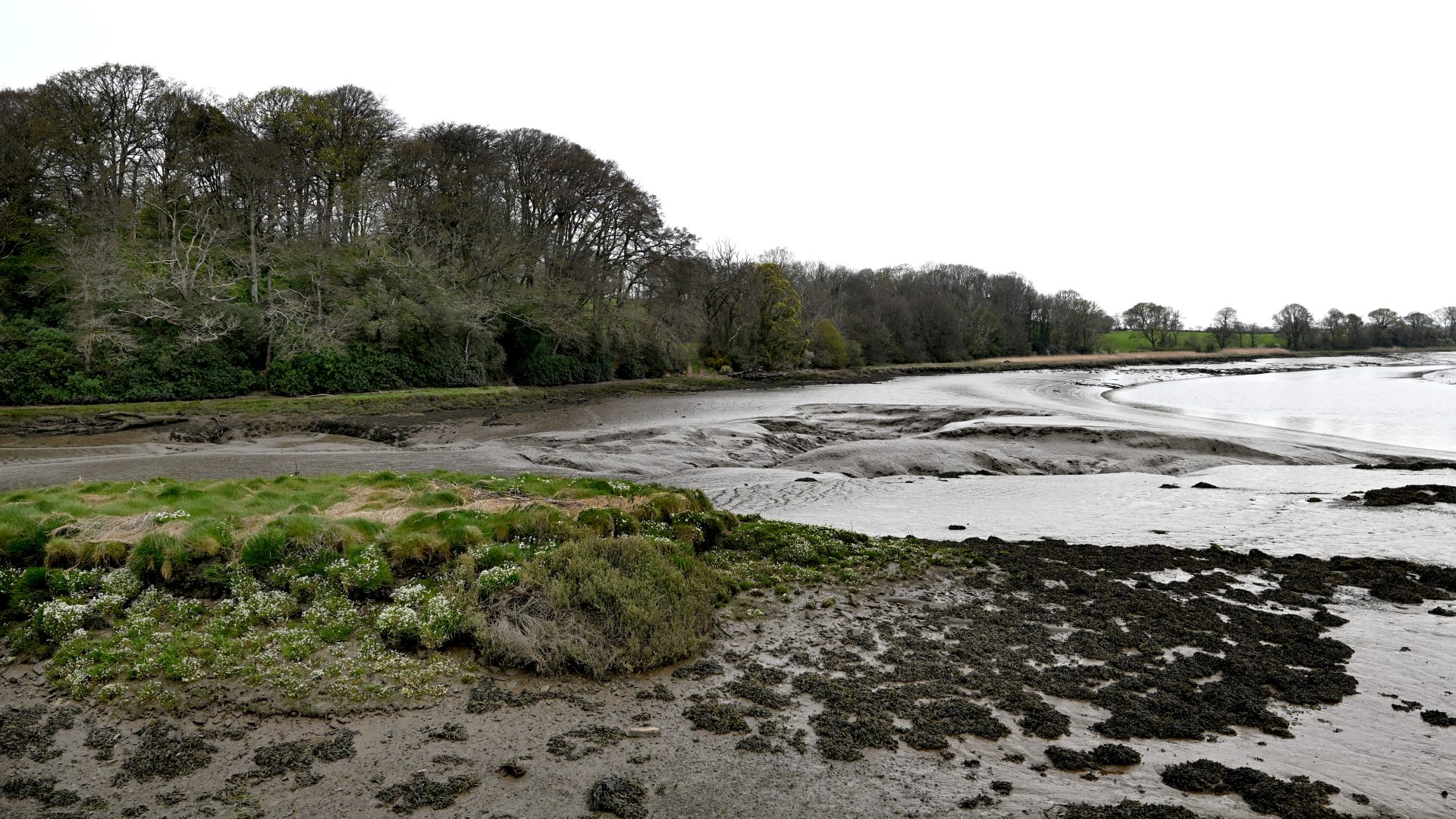
Pembrokeshire Coast National Park
The River Cleddau is home to a magical array of wildlife such as otters, sea trout (sewin) and salmon. Sightings of otters are becoming increasingly rare, and populations of salmon are considered at risk of extinction by Natural Resources Wales.
A once thriving and abundant river is now “taking a beating from sewage, farming, industry and more” according to the Cleddau Project. “Climate change is piling on the pressure and the whole ecosystem is in trouble.”
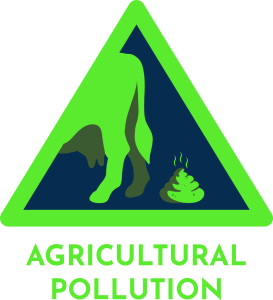
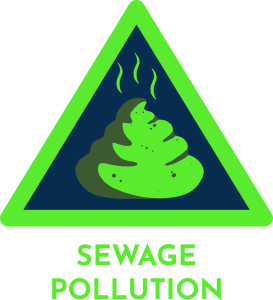
In the Eastern Cleddau 72% of pollution incidents came from agricultural premises between 2016 and 2022.
Agriculture is also the main cause of dissolved phosphorus in the waterbody with an average of 71 tonnes of dissolved phosphorus ending up in the river each year.
Storm overflows in the river are the highest of the six rivers at risk we looked at with 34,567 hours spillage across 33 occasions in 2024.
The river Cleddau (Afon Cleddau in Welsh) is inextricably linked with Pembrokeshire’s deep history and culture. Over millenia, the river has shaped the landscape, carving the spectacular river valley, creating diversity of landscape that, along with the coast and islands, forms Pembrokeshire Coast National Park. The area’s famous bluestones are said to hold medicinal properties when washed with water.
The Cleddau is home to a magical array of wildlife such as otters, sea trout (sewin), brook lamprey and salmon, and has been designated as a SSSI (site of special scientific interest).
A once thriving and abundant river is now “taking a beating from sewage, farming, industry and more,” says The Cleddau Project, a local campaigning group fighting to save the river. “Climate change is piling on the pressure and the whole ecosystem is in trouble.” Sightings of otters are becoming increasingly rare, populations of salmon are considered at risk of extinction by Natural Resources Wales, and levels of phosphates in the river remaining stubbornly high: Afon Cleddau is a river at risk.
The east and west Cleddau are monitored in 22 different water bodies, of which only 4 (18%) are considered to achieve good ecological status. Agriculture and rural land management has been assessed a reason for not achieving good water quality status for 72% of the river’s failing water bodies. Slurry spreading and fertilisers are contributing to an overload of phosphorus and nitrates in the river system.
The water industry is also provided as a reason for failure in 21% of water bodies. Combined sewage overflows (CSO) discharged for a total of 34,567 hours in 2024, from 33 different places. On average, each sewer overflow spilled sewage for over a 1000 hours, which is four times higher than the average for sewer overflows outside the National Park.
Downstream, the Milford Haven Waterway (part of the Pembrokeshire Marine Special Area of Conservation) and the Daugleddau Special Areas of Conservation are in unfavourable condition, at risk of becoming Nutrient Vulnerable Zones. Pollutants from the water industry and intensive agriculture are being washed out to sea which is also resulting in risks to the marine and coastal environments which are so vital to the area. The pollution is resulting in thick algal mats are suffocating the ecosystem. Nutrient neutrality is now required for new developments generating wastewater.
The Cleddau Project, a local campaigning group fighting to save the river, are challenging regulators and Welsh Government to do more for the river at a catchment scale.
The River Cleddau is just one of the many rivers, lakes and streams at risk in our National Parks.
There’s too much at risk if we continue polluting, degrading and destroying the waterways in National Parks, but we have an opportunity now to bring forward new regulations to clean up National Park waterways as a priority.
The Cleddau ProjectFor decades our river’s been taking a beating from sewage, farming, industry and more - and now climate change is piling on the pressure - the whole ecosystem’s in trouble and if we don’t step up now the damage could be irreversible. We’ve got to turn things around before it’s too late and we’re delighted that Campaign for National Parks is helping us push for change.

Deemed unsafe for swimming in recent years, this river in the New Forest is a pollution hotspot.
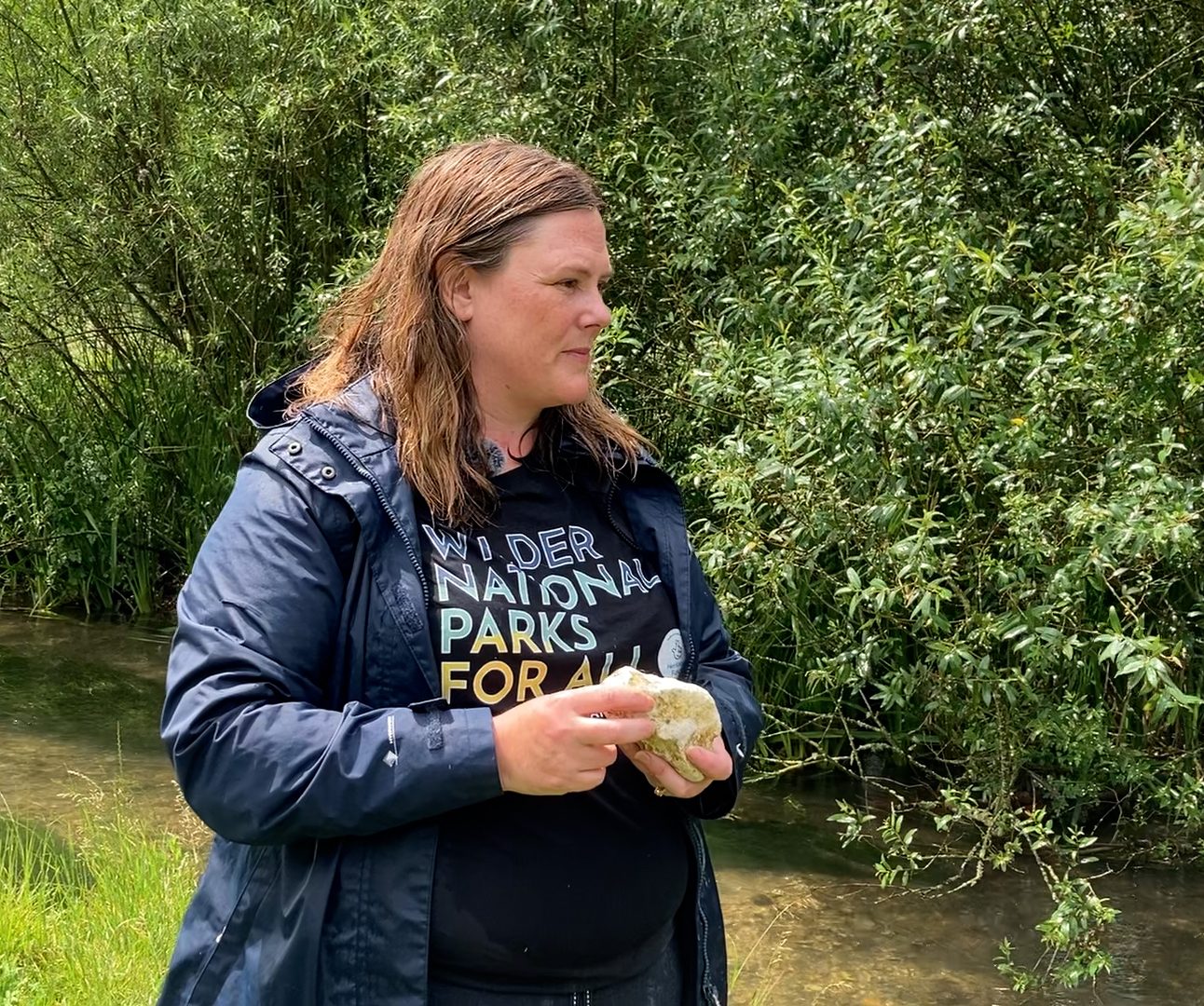
Acute over-abstraction is threatening this rare and precious chalk stream in the South Downs National Park.
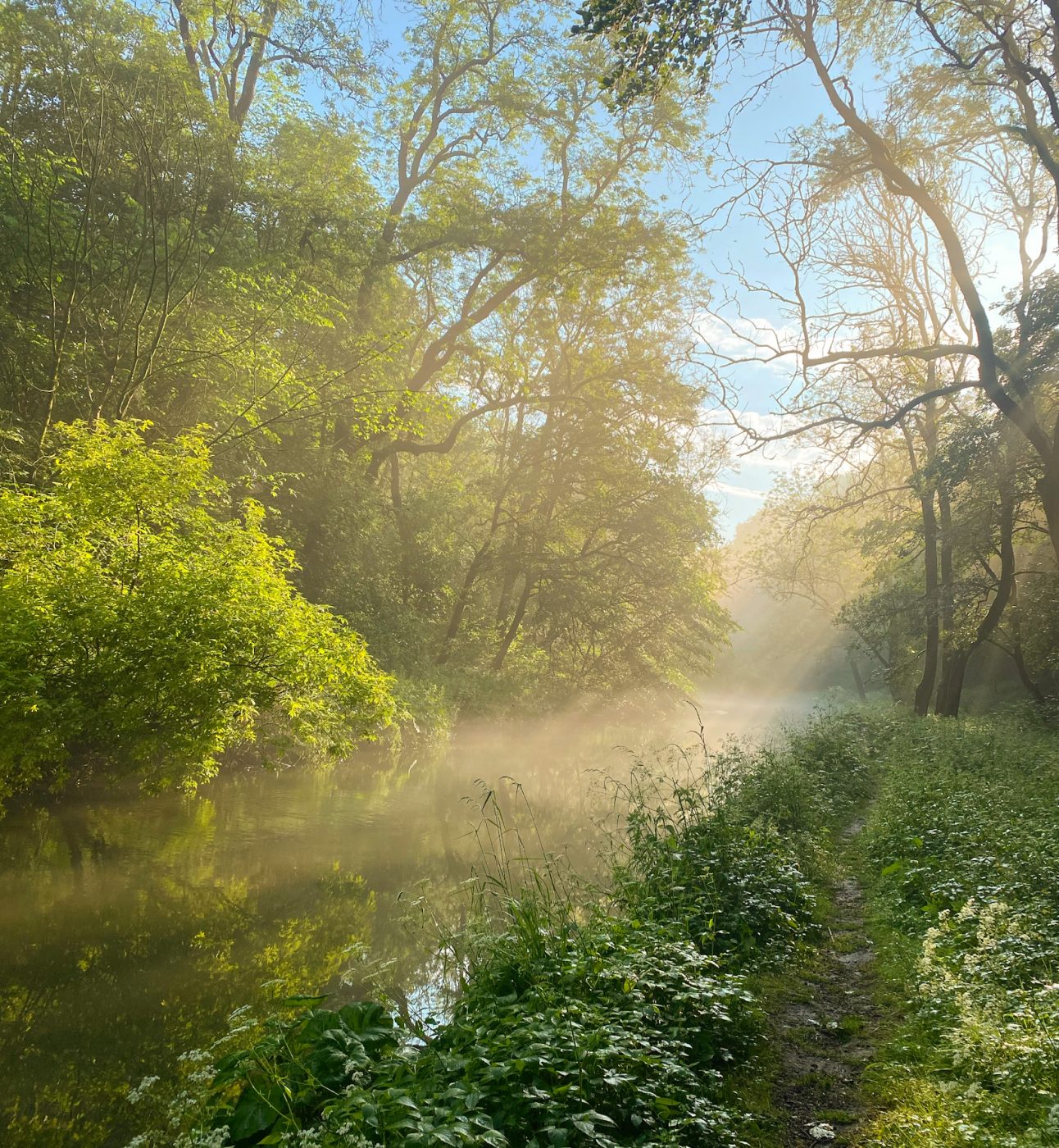
With pharmaceutical pollution at levels higher than some UK cities, this significant waterway in the Peak District is a chemical cocktail.